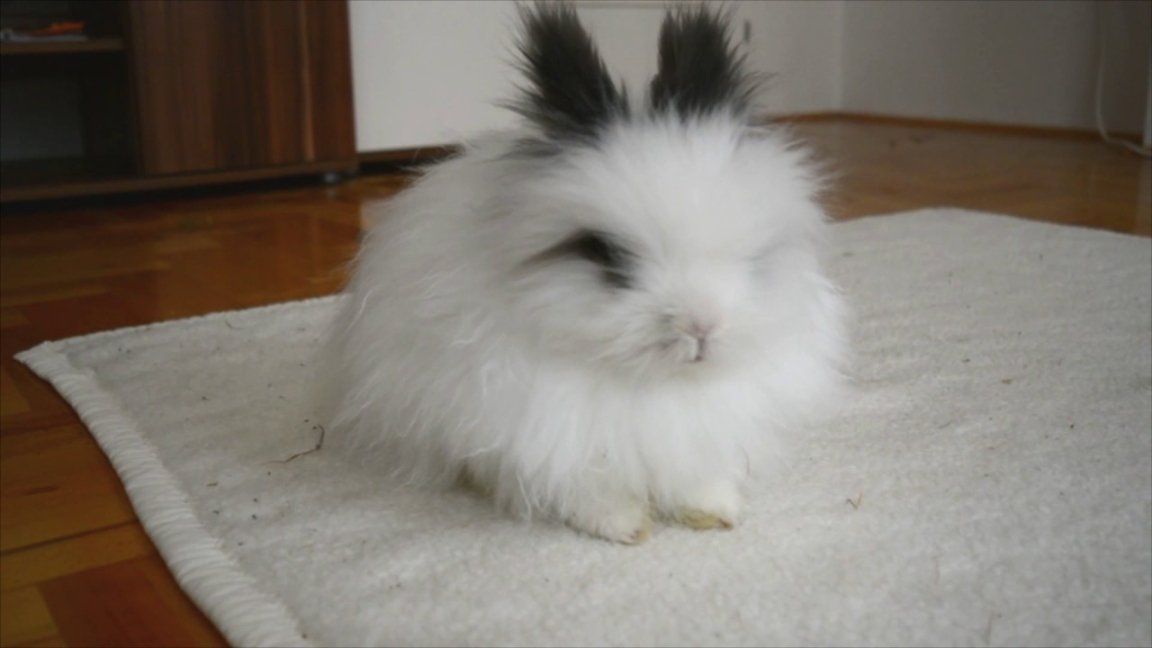Can Rabbits Get The Hiccups?
Many pet owners have found themselves wondering whether rabbits can get hiccups. Hiccups are a common occurrence in humans and some other animals, but are they also a part of a rabbit’s life? Let’s dive into this topic and explore whether rabbits can experience hiccups or not.

Understanding Hiccups
Hiccups are involuntary contractions of the diaphragm, a muscle that plays a crucial role in the respiratory system. These contractions cause a sudden intake of breath, followed by a characteristic his sound. They can occur due to various reasons, such as eating too quickly, swallowing air, or consuming certain foods. In humans, hiccups are generally harmless and resolve on their own.
Now, the question arises: do rabbits have diaphragms? The answer is yes. Like humans and other mammals, rabbits also have diaphragm muscle that helps them breathe. So, theoretically, it is possible for rabbits to get hiccups.
Research on Rabbit Hiccups
While hiccups are well-documented in many species, including humans, dogs, and cats, there is limited research available specifically on rabbit hiccups. This lack of research makes it difficult to definitively state whether rabbits can experience hiccups or not.
However, some anecdotal evidence suggests that rabbits can indeed get hiccups. Rabbit owners have reported observing their rabbits making repetitive gasping or hiccup-like sounds, similar to what humans experience during hiccups. These episodes are generally short-lived and resolved without any intervention.
Possible Causes of Rabbit Hiccups
While the exact cause of rabbit hiccups is not fully understood, there are a few possible explanations for these episodes:
- Swallowing Air: Just like humans, rabbits may swallow air while eating or drinking too quickly. This can lead to an involuntary contraction of the diaphragm, resulting in hiccup-like sounds.
- Stress or Anxiety: Rabbits can experience stress or anxiety in certain situations. These emotions can trigger physiological responses, potentially leading to spasms of the diaphragm.
- Gastrointestinal Disturbances: Some digestive issues, such as gas or bloating, may cause discomfort in rabbits. This discomfort could potentially manifest as hiccup-like symptoms.
Should You Be Concerned?
In most cases, episodes of rabbit hiccups are harmless and resolve on their own, just like in humans. However, if your rabbit experiences prolonged or frequent episodes of hiccup-like sounds, it is advisable to consult a veterinarian. They can assess your rabbit’s overall health and rule out any underlying medical conditions that could be causing the symptoms.
Important: If your rabbit experiences other concerning symptoms alongside hiccup-like sounds, such as difficulty breathing, loss of appetite, or lethargy, it is crucial to seek veterinary assistance immediately.
Frequently Asked Questions (FAQs)
1. Can stress cause hiccups in rabbits?
Yes, stress or anxiety can potentially trigger spasms of the diaphragm in rabbits, leading to hiccup-like sounds.
2. Do rabbits need medical treatment for hiccups?
In most cases, rabbit hiccups resolve on their own without the need for medical intervention. However, if episodes are frequent or prolonged, consulting a veterinarian is recommended to rule out any underlying health issues.
3. Should I be worried if my rabbit has hiccups?
Hiccup-like sounds in rabbits are generally not a cause for concern. However, if your rabbit experiences additional symptoms or if the episodes persist, it is best to consult a veterinarian for proper evaluation.
4. Can I prevent hiccups in my rabbit?
While it may not be possible to entirely prevent hiccups in rabbits, you can take certain measures to minimize the likelihood of their occurrence. These include feeding your rabbit slowly, ensuring a stress-free environment, and maintaining a healthy diet.
Related Articles…
Copyright Notice:
This website utilizes images found online, all copyrights are retained by their original owners. If you would like an image removed, kindly contact us.